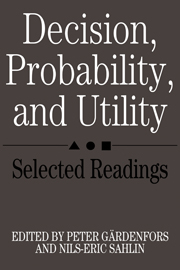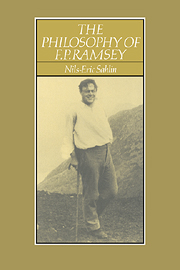In Plato's Apology, Socrates declares:
Probably neither of us knows anything really worth knowing: but whereas this man imagines he knows, without really knowing, I, knowing nothing, do not even suppose I know. On this one point, at any rate, I appear to be a little wiser than he, because I do not even think I know things about which I know nothing.
First-order knowledge is important, but second-order knowledge of what one does or does not know is even more important: That is, it is essential to have what we might call “epistemic self-knowledge.” Scientists are knowledge-driven. That is why inductive methods are so popular in science. Knowledge is a good thing, but there are situations in which we require more – in which we require wisdom and thus epistemic self-knowledge. For example, when our theories fail to deliver results, when we are forced to find new theories or create new hypotheses, it is vital to know what one does not know.
Indirectly, Socrates tells us something about rational decision making. When everything is propitious, when we can represent our knowledge and our values with unique probability distributions and precise utility functions, we can simply maximize expected utility. We can use one of the classical theories – for example, Ramsey's, or Savage's, or Jeffrey's theory. But when we are uncertain about the extent of our knowledge, when things are indeterminate, or when we are uncertain about our preferences, we know that the traditional theories will be of little or no use to us.

